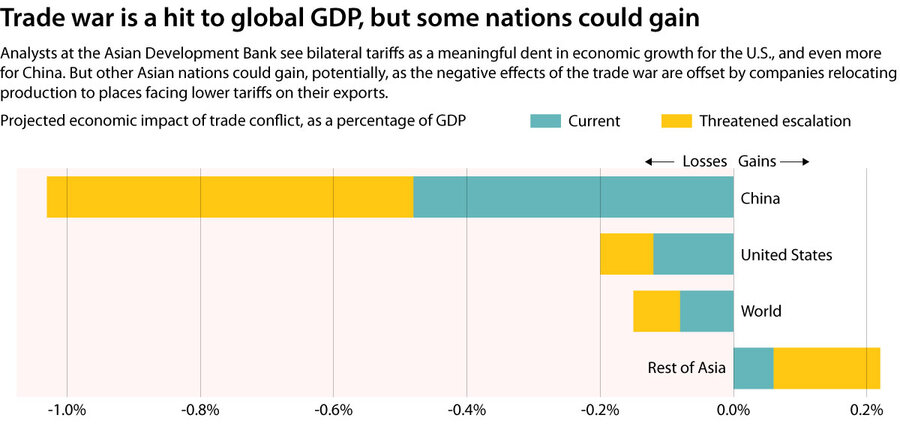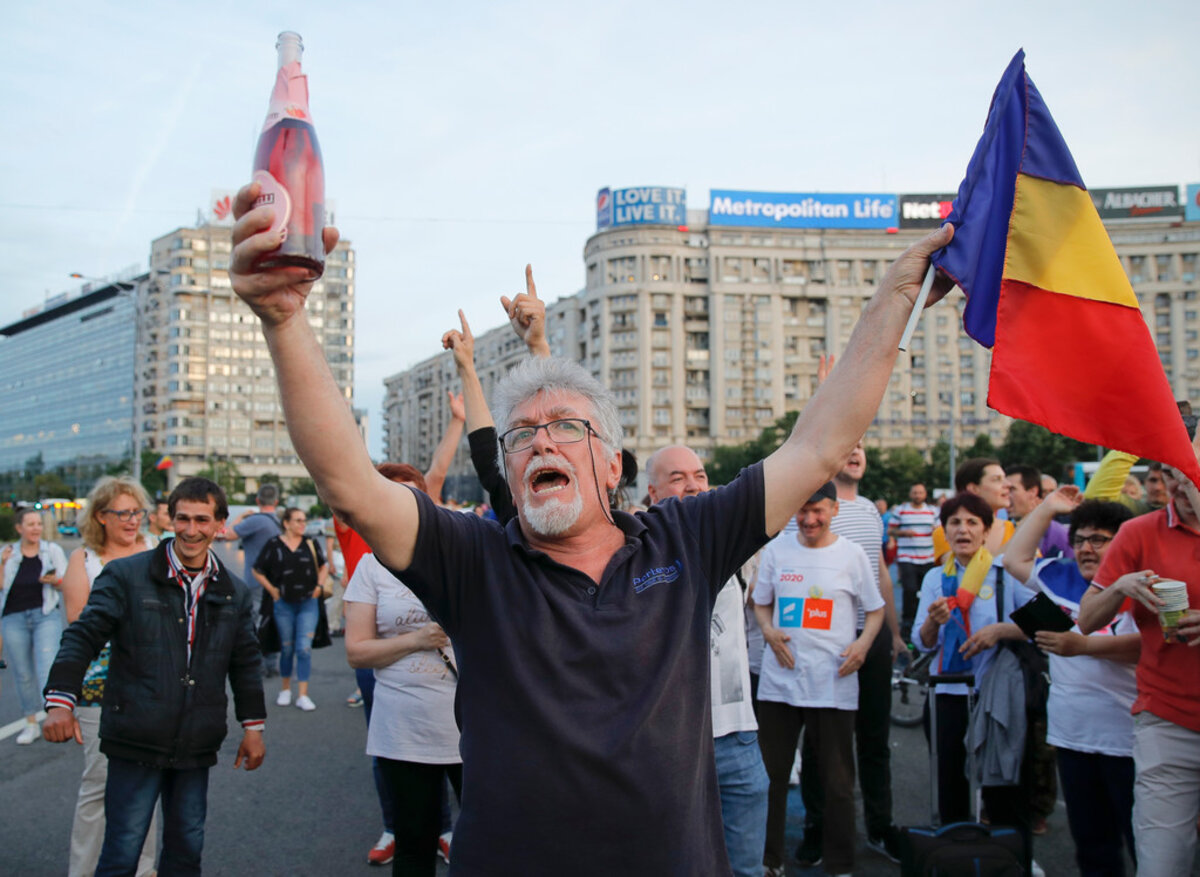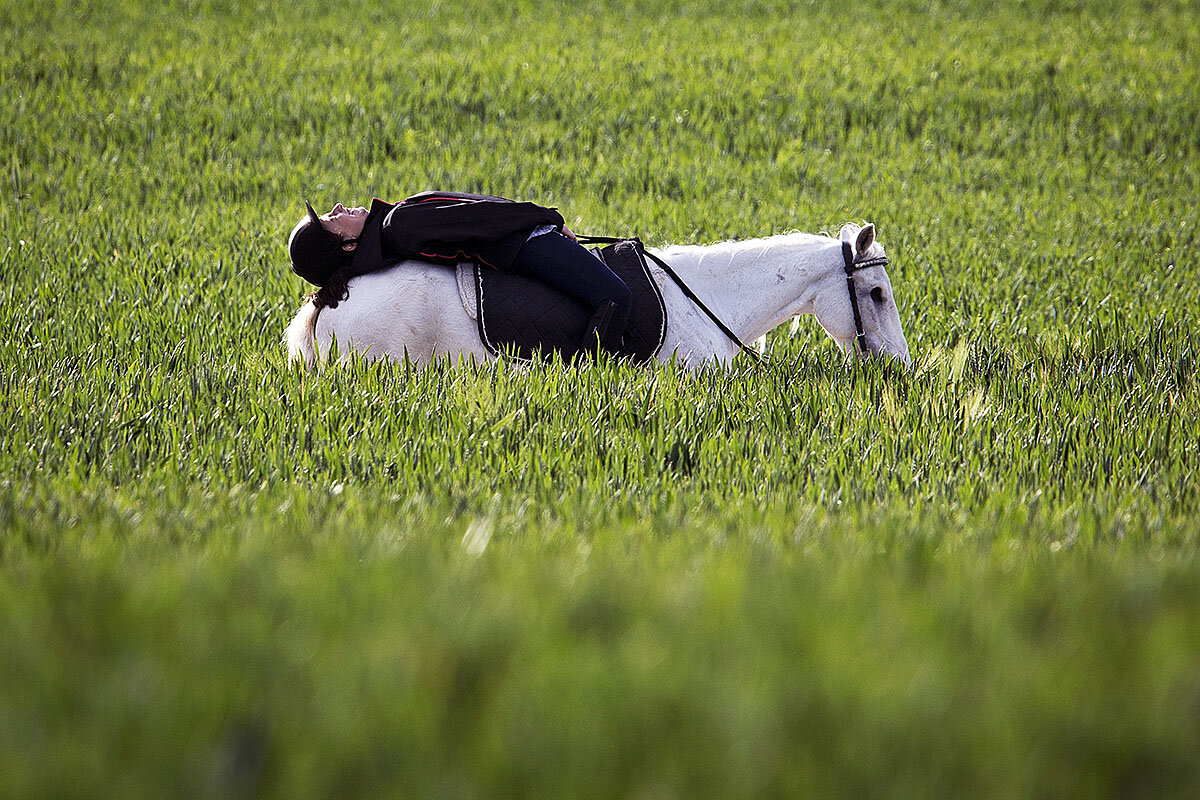Voting rights are a contentious and partisan issue, with blue and red states moving in opposite directions. But a deeper look suggests a more nuanced story. This is the eighth in our ‘Democracy Under Strain’ series.
Monitor Daily Podcast
- Follow us:
- Apple Podcasts
- Spotify
- RSS Feed
- Download
 Mark Sappenfield
Mark Sappenfield
It was the kind of achievement that should be celebrated – four Arab women summiting the highest mountain in the world last weekend. But Elia Saikaly, the Canadian filmmaker who documented it and has been to Mount Everest eight times, says he is never going back.
Eleven people have died on Everest this climbing season, and by the numbers that is not unusual. What has shocked Mr. Saikaly and others is the sheer number of climbers, particularly those who seemed ill-prepared. When he reached the summit, 50 people were already there. All had to step over a dead body on the way, Mr. Saikaly told the Ottawa Citizen.
Standing on the world’s highest point can be a life-altering experience. “There’s such beauty on one level,” Mr. Saikaly says. But this climbing season in particular, the commercialization of Everest is raising questions about how that goal is being achieved and at what cost. Are too many climbing teams taking too many risks simply to make a profit? Are they recklessly endangering the lives of local sherpas, who often do most of the work?
The Monitor’s Eoin O’Carroll spent 3 1/2 weeks in college at Tengboche Monastery near Everest and watched the abbot there refuse to bless several climbing teams – turning down significant amounts of money.
“Human life is precious” and its goal is enlightenment and helping others, Eoin says, explaining the abbot’s decision. “By taking this huge risk you are potentially squandering it.”
After this season, Mr. Saikaly agrees. “It’s when you get back down that you start asking yourself the question: Is it worth it?”
For our five stories today, we look at how cops find healing on the job, how language influences South Africa’s sense of identity, and whether there is anything in the world cuter than a corgi race.











